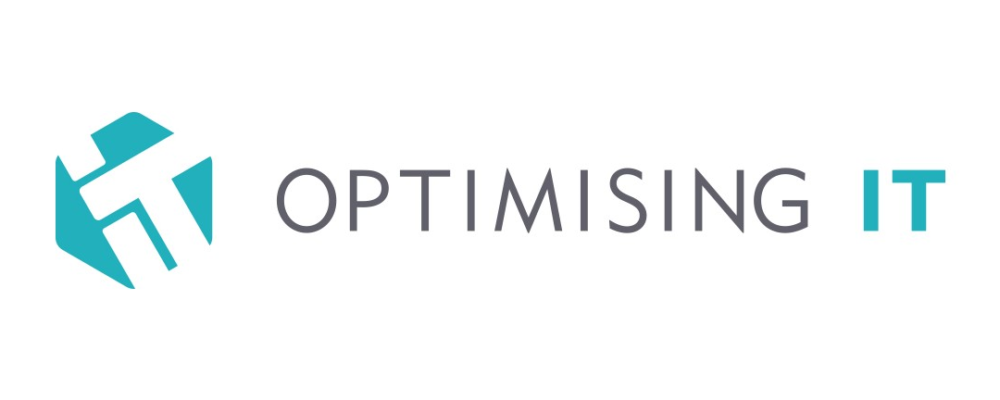
Data protection for small businesses is critical in this increasingly technology-dependent world. A citizen’s personal data comprises their online behaviour and any private information that can identify them. In the UK, companies must gain a person’s consent before collecting any of their data. They must also follow specific regulations while handling it whether the data is considered sensitive or not. It is important to note that even if your business is not in the UK and your company utilises data from any UK citizens, it must comply with UK General Data Protection Regulation (UK GDPR).
The Information Commissioner’s Office (ICO) is a public authority funded by the Department of Digital, Culture, Media, and Sport within the government of the United Kingdom. The ICO is the authority responsible for overseeing relevant digital service providers. Companies must pay an annual fee to the ICO (unless they are exempt for specific reasons) and comply with any information or enforcement notices, investigations, and penalty notices.
Businesses are required to make it simple to understand why a person’s information is collected, what it will be used for, and to state how long it will be held. Any company utilising customer data must follow the guidelines outlined in the UK GDPR, or they will be held liable for any data breach fines in the UK. Therefore, protecting your business’ data is crucial to safeguarding trust with your customers and saving you money long-term.
What Constitutes a Data Breach
The UK GDPR states that a personal data breach consists of “a breach of security leading to accidental or unlawful destruction, loss, alteration, unauthorised disclosure of, or access to personal data.” For example, suppose a controller or processor of personal data accidentally shares data with an unauthorised person and proceeds not to do anything to address it. In that case, it is a violation of the UK GDPR, and the organisation can face hefty fines if they do not follow the appropriate protocol to address the data breach.
No matter the size of your business, you can be charged up to £17.5 million or 4% of your annual global turnover amount from the previous year, whichever amount is higher for the business being fined. While the maximum data breach fines in the UK are slightly lower than the ones for the EU, they are not to be taken lightly.
In the event of a data breach, you must first identify if there is a risk to people. If there’s a chance the breach infringes upon people’s rights of freedom and privacy, you must assess the severity. Once you do so, you must contact the ICO within 72 hours and report the breach.
Strategies to Help Avoid a Data Breach
For your company’s and your customers’ peace of mind, the ICO strongly encourages built-in data protection for small businesses practising in the digital economy of the UK. However, data protection can vary depending on the type and quantity of data your business utilises.
Appoint a Data Protection Officer
A Data Protection Officer (DPO) is an expert in data protection that is an independent entity hired by your company to ensure your business practices are UK GDPR compliant. Experts recommend that your company hire a DPO if you have more than 250 employees. Your business must have an appointed DPO if you are a public authority or body or if your company conducts certain data processing activities. Even if your business is not obligated to hire a DPO, you can still hire one to assist in understanding and monitoring compliance with the UK GDPR guidelines and other cyber security tasks.
Training and Refreshing Your Staff on Cyber Security Measures
Everyone on your team is not likely to be well-versed experts on the latest cyber-security methods. Training and refresher courses on the importance of utilising strong passwords and being vigilant about opening any links are crucial to avoiding catastrophic data scenarios. One of the significant causes of data breaches handled by the ICO is employees being careless with their cybersecurity.
Update Your Hardware and Software Systems
As technology and cybersecurity methods evolve, so should your business systems. Additionally, installing firewalls and certified anti-virus software is a fantastic way to protect against malicious cyberattacks. Ensuring that your hardware and software systems are as up-to-date as possible makes data protection for small businesses much more manageable.
Ensure Your Data Is Properly Organised
Disorganised data can very quickly become stolen, lost, or utilised in unauthorised ways. If you can organise your data well, it can be easily accessed and deleted when necessary. Knowing how and where your information is stored is crucial to ensure that only the required people have access to it. Therefore, your business will indeed be compliant with UK GDPR standards.
Back-Up Your Stored Data in a Secure Manner
Backing up your data and storing it in an encrypted physical or cloud server is an excellent measure to protect against data loss. If you are storing it on an external device, keeping it in a room or cupboard that can be locked would be ideal. Data backup services can be in-house or outsourced managed IT providers like Optimising IT.
Strategies for Properly Backing Up Your Data
Pinpoint the Data That Should Be Backed Up
Only essential data your business needs to function properly should be backed up. Important data could include contacts, contracts, employee information, and customer data. Having backups of this information that can be easily accessed can protect your business from data loss disasters.
Store Your Backups in an Area Separate From Your Computer or Office
Keeping your backups separate from your original copies better protects you from damage from natural disasters or theft. The backups should also be kept in secure areas away from unauthorised personnel. They should not be connected in any way to the original copies to avoid any malware from affecting the original and backup data.
Utilise Cloud Storage for Data Backups
Data protection for small businesses is becoming increasingly cost-effective and accessible with the growth of secure cloud storage services. Storing your information in cloud storage is a very affordable method with almost infinite flexibility for your business. Many cloud storage providers have excellent built-in security, but always double-check that it is ideal for the type of data you handle. Data backup services are also automated in cloud storage. You can rest assured knowing that your data copies are the most up-to-date.
Ways Optimising IT Can Help Protect Your Data
Optimising IT is a UK-based professional IT support service provider with award-winning cybersecurity services. Some of our cybersecurity services include:
- Penetration Testing
- Fully Managed Cyber Security
- Cyber Security Audit
- Cyber Security Awareness Training
With our knowledgeable IT experts and personalised service plans, we can help you find weaknesses in your IT systems. We will also help you safeguard your data from malicious attacks and human error. Contact us here to learn more about how data protection for small businesses is a breeze with Optimising IT.













